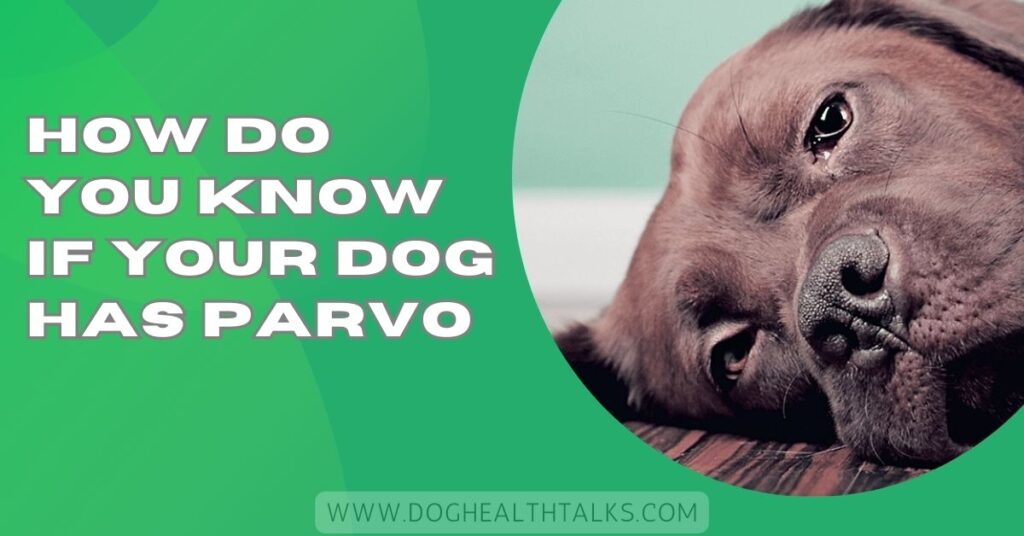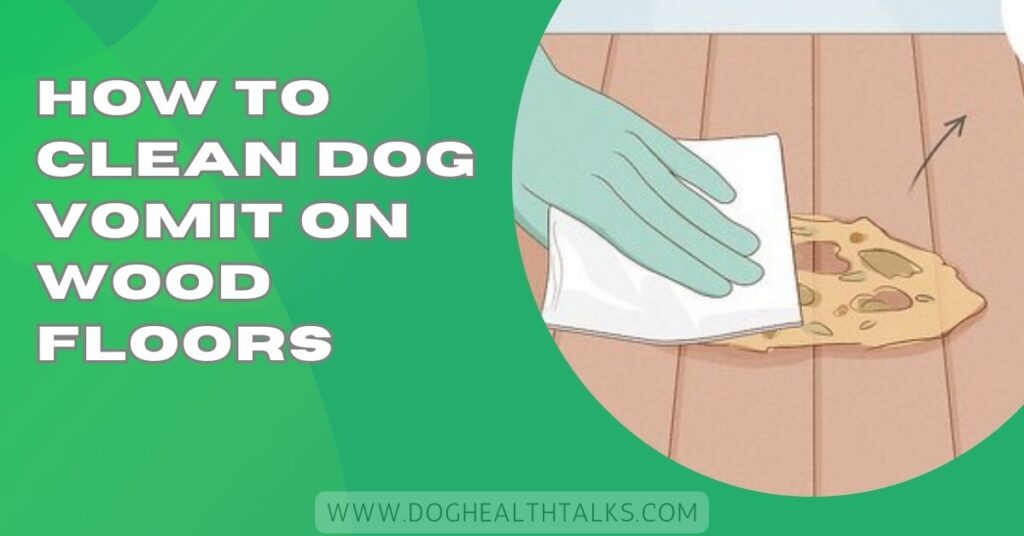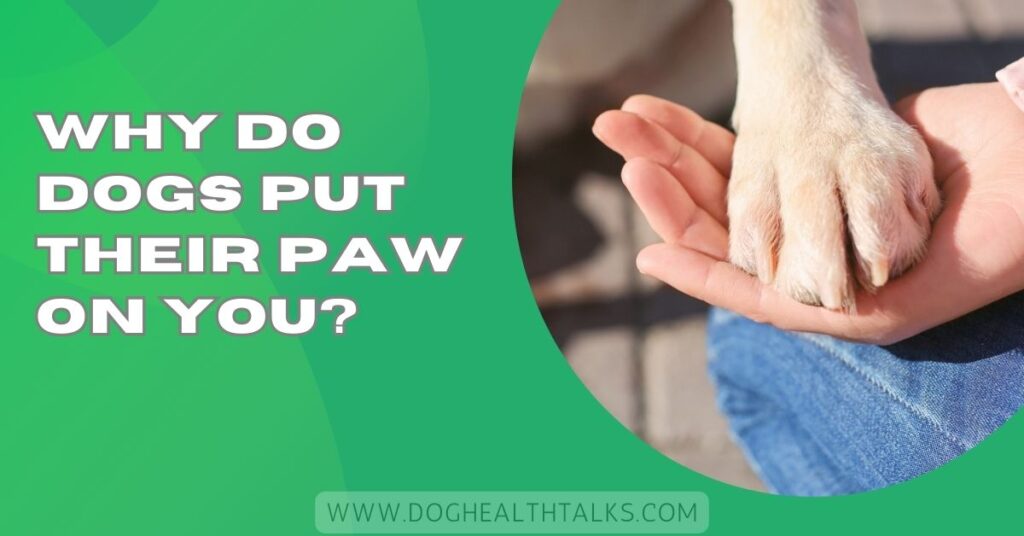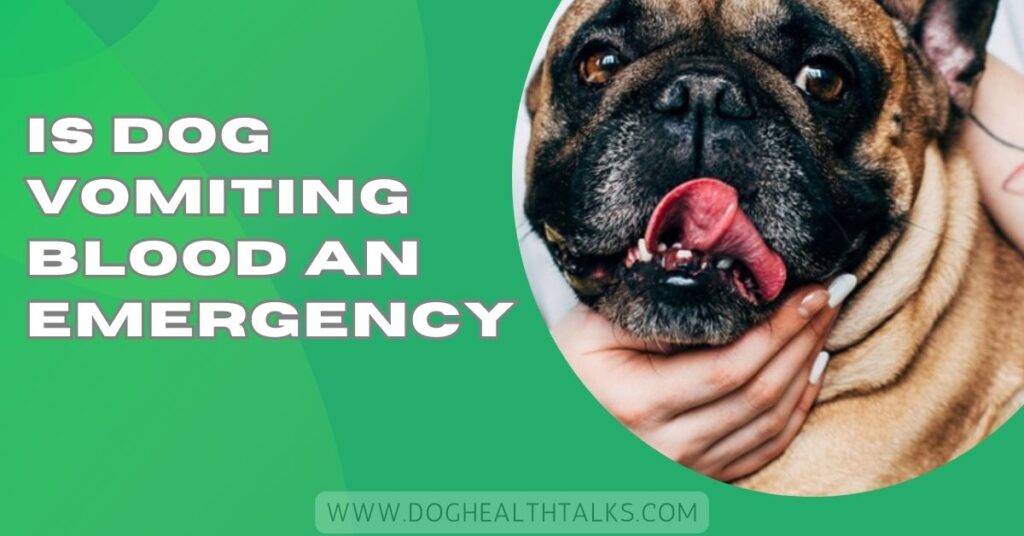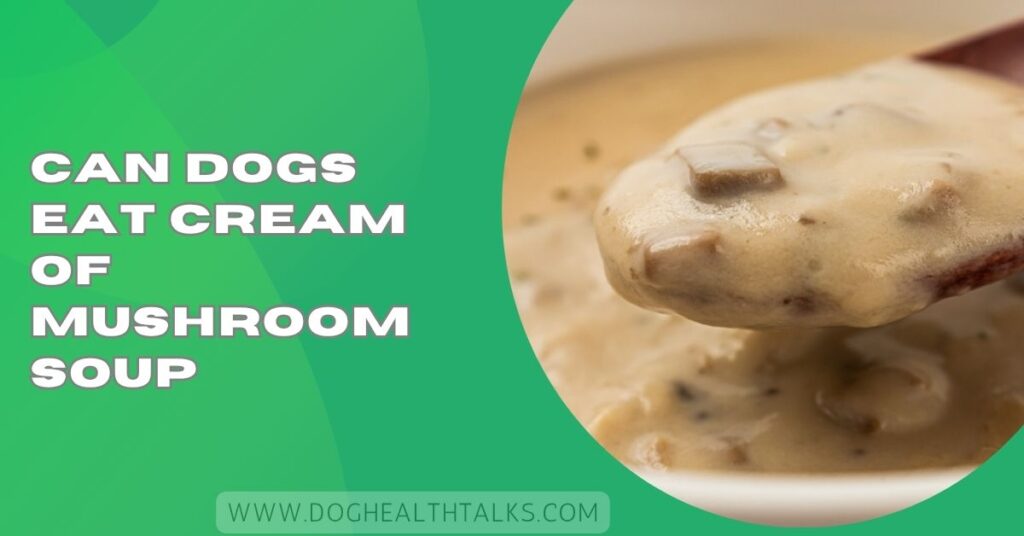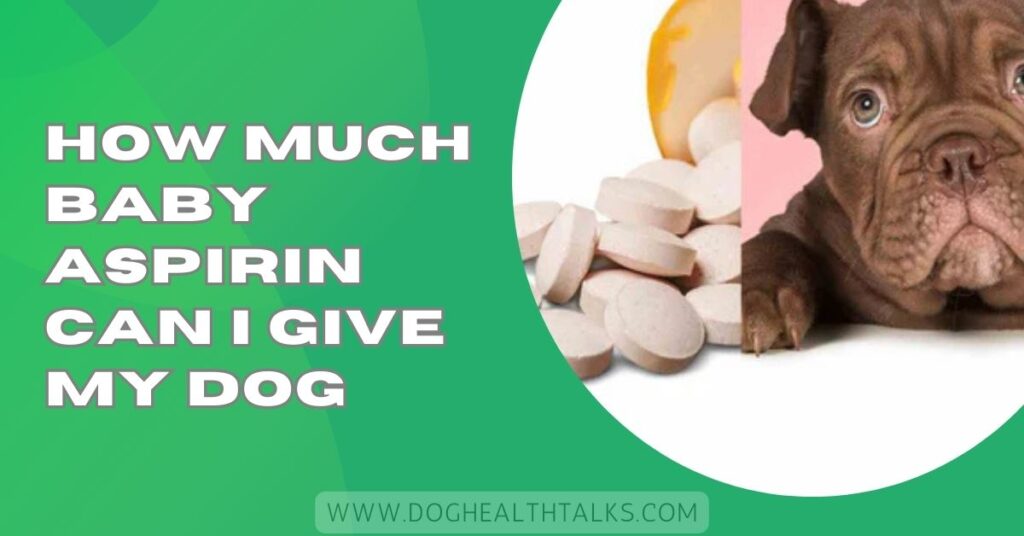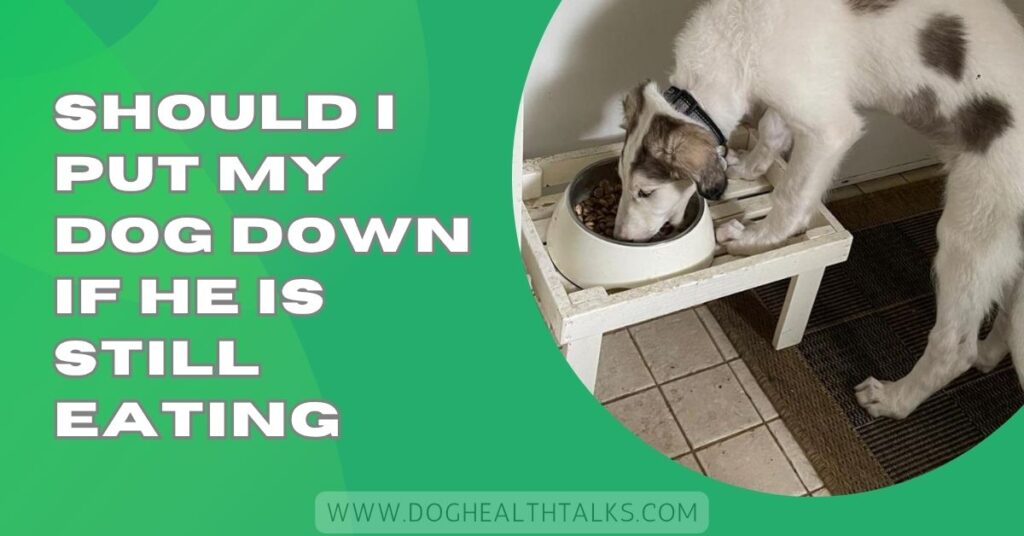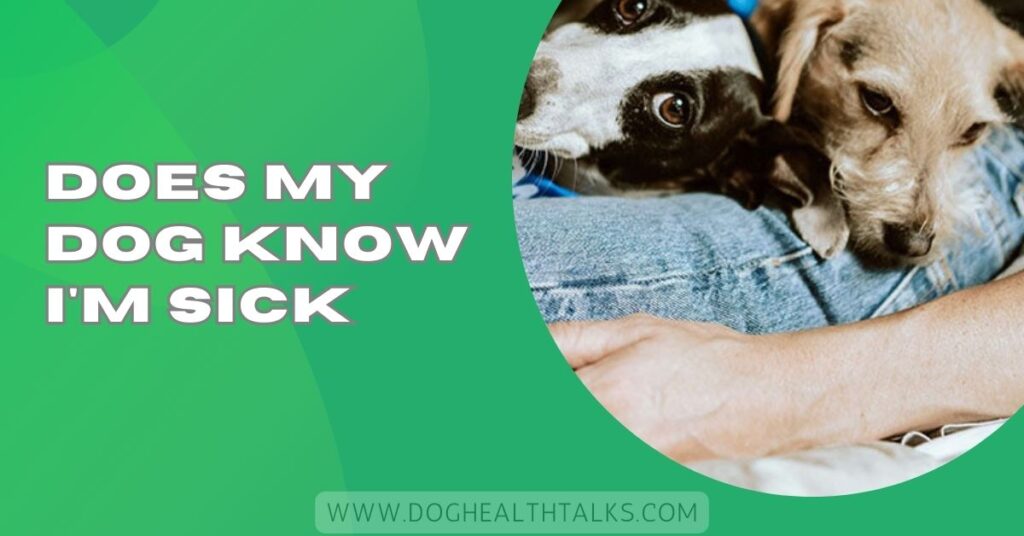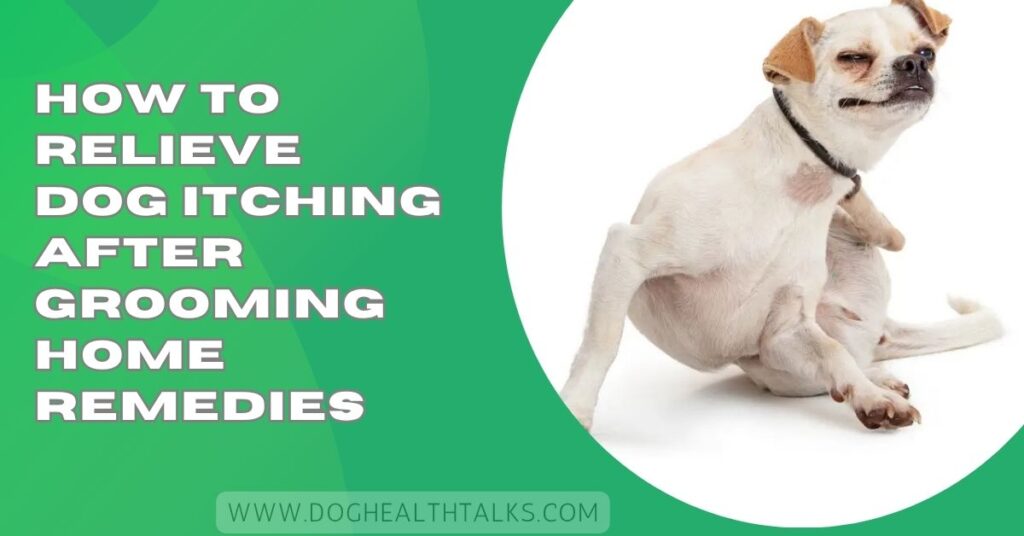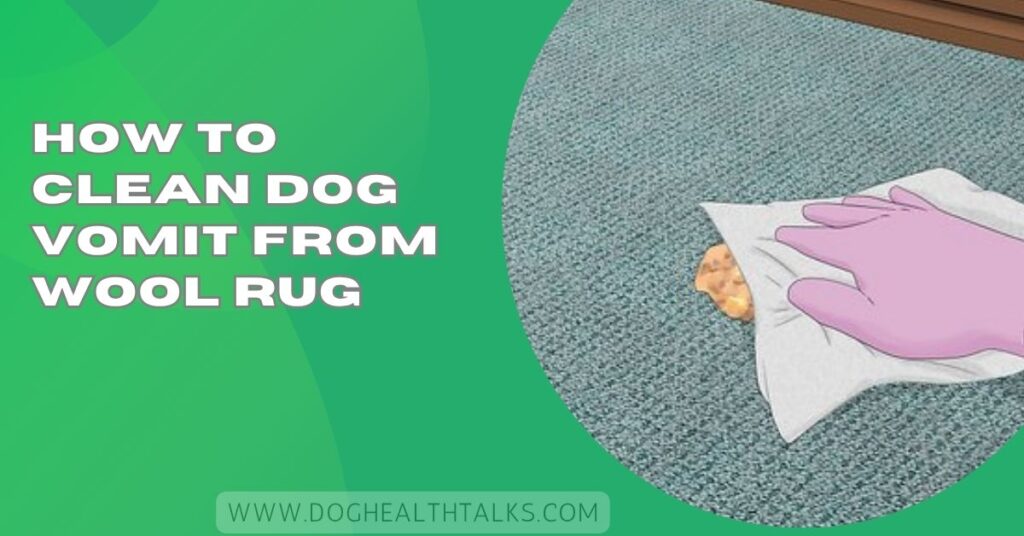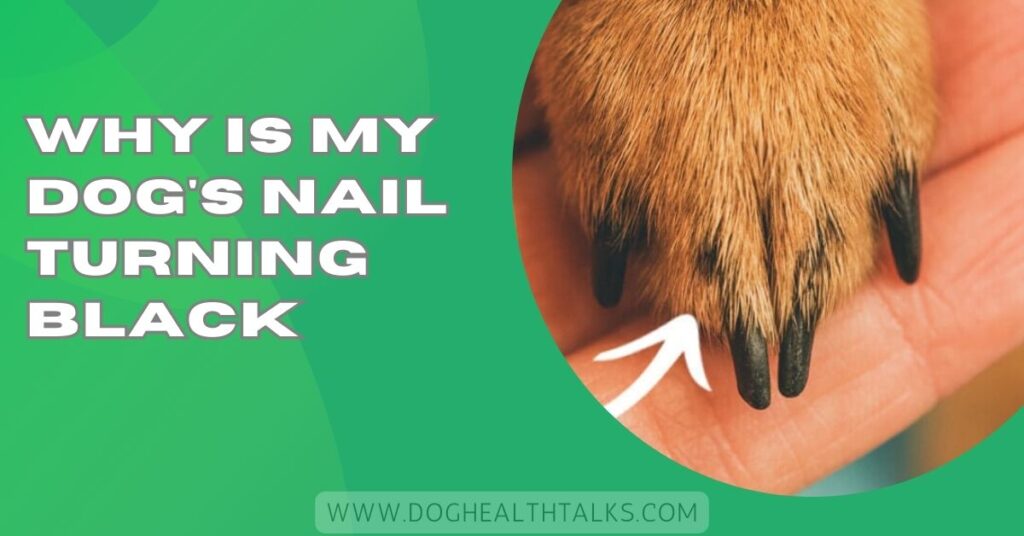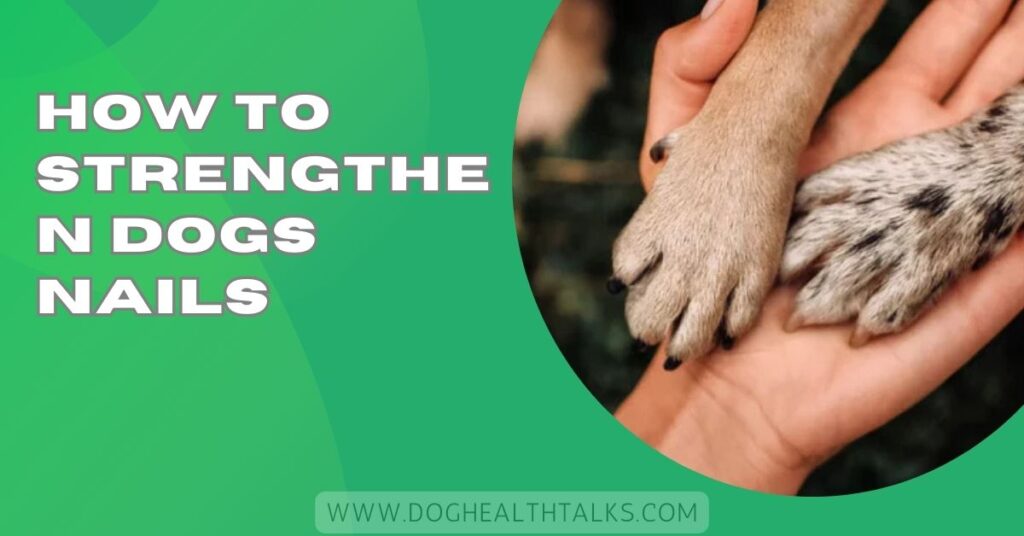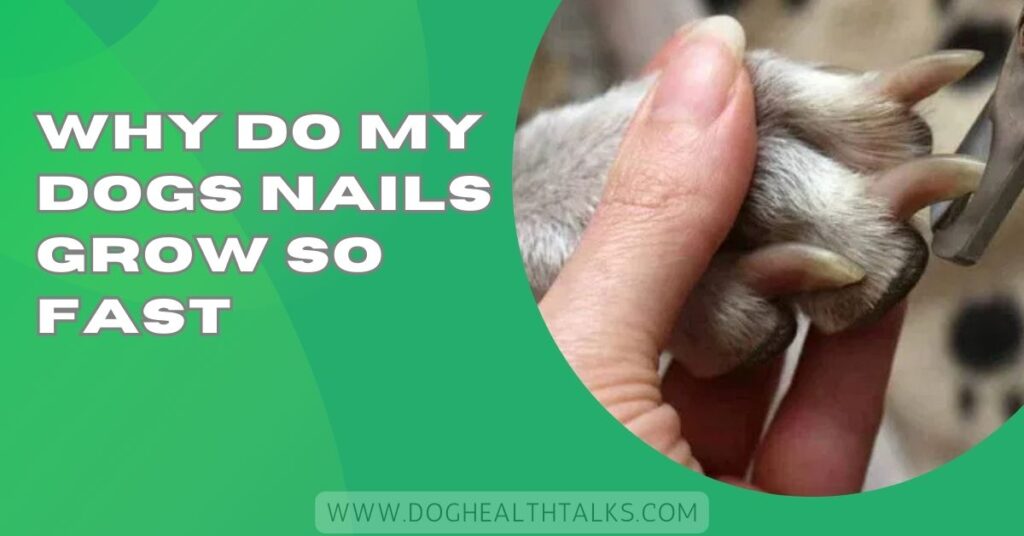- Can I Give My Dog Ibuprofen – Vets Reveal the Answer (2026)

- How Do You Know If Your Dog Has Parvo: Key Signs to Notice!

- Is There A Home Remedy For Dog Scooting – 8 Effective Tips!

- Can Cats Eat Oreos? – Risks, Facts, and Safer Treats!

- Can Cats Eat Chocolate?- The Honest Vet-Backed Answer 2026!

- Can Dogs Eat Taro? – Don’t Miss This Expert Advice 2026!

- Can Dogs Eat Grapes? – Don’t Miss This Safety Guide!

- Do Dogs Have Uvulas?: Simple Anatomy Facts Explained Clearly

- Why Do Dogs Eat Poop – Real Reasons Vets Want You to Know 2026

- Can Dogs Eat Cheese – Benefits, Dangers, and Best Choices!

- Is Beef Hide Bad For Dogs – Benefits, Risks, and Tips (2026)

- Can Cats Have Mint Ice Cream? – Signs, Risks and What to Do

- Can Dogs Eat Cloves? – Toxicity, Symptoms, and What to Do!

- Can Dogs Eat Cereal? – A Vet-Reviewed Safety Guide (2026)

- Can Heat Cause Seizures In Dogs – Complete Guide for 2026!

- Why Is My Dog Throwing Up Yellow: Empty Stomach Vs Illness!

- How to Clean Dog Vomit on Wood Floors – Proven 2026 Guide!

- Can Fleas Cause Seizures in Dogs? – The Proven Truth (2026)

- Can Cats Eat Pistachio Ice Cream? – Vet Facts You Can Trust

- Can Cats Eat Graham Crackers? – Risks, Limits and Tips 2026

- Can Cats Eat Doritos? – A Complete Safety Guide In 2026!

- Can Dogs Eat Eggs – Vet-Approved Feeding Tips In 2026!

- Can Cats Eat Caramel? – Risks, Side Effects, and Vet Advice

- Can Cats Eat Hummus? – Side Effects and Safer Alternatives

- How Long Are Dogs Pregnant: Week-by-Week Pregnancy Guide

- Can Dogs Eat Sugar? – The Truth Every Owner Should Know!

- Can Dogs Eat Watermelon? – Proven Benefits and Risks (2026)

- Can Dogs Eat Salami? – Expert Guide for Pet Owners!

- Can Dogs Eat Almonds – Signs, Risks, and What to Do Next!

- Cat Years To Human Years – Vet-Approved Aging Guide (2026)

- Can Cats Eat Quinoa? – Safety, Benefits, and Feeding Tips!

- Can Dogs Have Tylenol? – Hidden Dangers Explained Simply!

- Can Cytopoint Cause Seizures In Dogs – A Complete Guide!

- Why Do Dogs Put Their Paw on You? – 7 Reasons Explained!

- Why Is My Dog Coughing? – Top Causes Explained 2026 Guide

- Is Dog Vomiting Blood An Emergency: Safety Tips & Vet Care!

- Can Dogs Eat Ritz Crackers – Pros, Cons, and Vet Tips!

- Can Cats Eat Garlic? – Signs of Toxicity and Prevention Tips

- Can Dogs Eat Cream Of Mushroom Soup – Vet-Approved Guide!

- Can Dogs Eat Shrimp – Vet-Approved Facts You Should Know

- Can Cats Eat Pizza? – Ingredients, Risks, and Safer Options

- Can Cats Eat Vanilla Ice Cream? – Safety, Risks & Vet Advice

- Can Dogs Eat Funyuns? – Don’t Miss These Proven Facts 2026!

- Can Dogs Eat Tamales: Secret Tips in the Proven 2026 Guide!

- Can Dogs Drink Gatorade? Owner’s Guide: Safe or Not!

- How Much Baby Aspirin Can I Give My Dog: Vet Advice Inside

- Dog Kidney Failure: When To Euthanize? A Vet’s Perspective

- Jack Russell Terrier Mix: Top 20 Breeds, Traits, Care & Cost

- 20 French Bulldog Mix: Growth, Training and Care Essentials

- Blue Cane Corso – History, Color, Size, and Temperament!

Dog Health
- How Do You Know If Your Dog Has Parvo: Key Signs to Notice!

- Is There A Home Remedy For Dog Scooting – 8 Effective Tips!

- Can Heat Cause Seizures In Dogs – Complete Guide for 2026!

- Why Is My Dog Throwing Up Yellow: Empty Stomach Vs Illness!

- How to Clean Dog Vomit on Wood Floors – Proven 2026 Guide!

- Can Fleas Cause Seizures in Dogs? – The Proven Truth (2026)

- How Long Are Dogs Pregnant: Week-by-Week Pregnancy Guide

- Can Dogs Have Tylenol? – Hidden Dangers Explained Simply!

- Can Cytopoint Cause Seizures In Dogs – A Complete Guide!

- Why Is My Dog Coughing? – Top Causes Explained 2026 Guide

- Is Dog Vomiting Blood An Emergency: Safety Tips & Vet Care!

- How Much Baby Aspirin Can I Give My Dog: Vet Advice Inside

- Dog Kidney Failure: When To Euthanize? A Vet’s Perspective

- Should I Put My Dog Down If He Is Still Eating – Top Signs!

- Does My Dog Know I’m Sick – 10 Ways They Sense Illness!

- How Do I Know If My Dog Has Parvo – Vet-Approved Guide!

- What Home Remedy Can I Give My Dog For Gas: Proven Tips

- How To Relieve Dog Itching After Grooming Home Remedies

- How To Clean Dog Vomit From Wool Rug – Step-by-Step Guide!

- How Many Parvo Shots Does a Dog Need – 2026 Health Guide!

Dog Grooming
- Why Do Dogs Put Their Paw on You? – 7 Reasons Explained!

- Is It Safe To Paint A Dog’s Nails – Vet-Approved 2025 Guide

- Why Is My Dog’s Nail Turning Black – Causes and Care Tips!

- Why Do Dogs Chew Their Nails: Comprehensive Guide In 2026!

- How To Strengthen Dogs Nails – Easy Vet-Approved Tips!

- Why Do My Dogs Nails Grow So Fast: Tips for Trimming & Care

Dog Food
- Can Dogs Eat Taro? – Don’t Miss This Expert Advice 2026!

- Can Dogs Eat Grapes? – Don’t Miss This Safety Guide!

- Do Dogs Have Uvulas?: Simple Anatomy Facts Explained Clearly

- Why Do Dogs Eat Poop – Real Reasons Vets Want You to Know 2026

- Can Dogs Eat Cheese – Benefits, Dangers, and Best Choices!

- Is Beef Hide Bad For Dogs – Benefits, Risks, and Tips (2026)

- Can Dogs Eat Cloves? – Toxicity, Symptoms, and What to Do!

- Can Dogs Eat Cereal? – A Vet-Reviewed Safety Guide (2026)

- Can Dogs Eat Eggs – Vet-Approved Feeding Tips In 2026!

- Can Dogs Eat Sugar? – The Truth Every Owner Should Know!

- Can Dogs Eat Watermelon? – Proven Benefits and Risks (2026)

- Can Dogs Eat Salami? – Expert Guide for Pet Owners!

- Can Dogs Eat Almonds – Signs, Risks, and What to Do Next!

- Can Dogs Eat Ritz Crackers – Pros, Cons, and Vet Tips!

- Can Dogs Eat Cream Of Mushroom Soup – Vet-Approved Guide!

- Can Dogs Eat Shrimp – Vet-Approved Facts You Should Know

- Can Dogs Eat Funyuns? – Don’t Miss These Proven Facts 2026!

- Can Dogs Eat Tamales: Secret Tips in the Proven 2026 Guide!

- Can Dogs Drink Gatorade? Owner’s Guide: Safe or Not!

- Can Dogs Eat Slim Jims – Vet-Approved Guide for Pet Owners

Cat Food
- Can Cats Eat Oreos? – Risks, Facts, and Safer Treats!

- Can Cats Eat Chocolate?- The Honest Vet-Backed Answer 2026!

- Can Cats Have Mint Ice Cream? – Signs, Risks and What to Do

- Can Cats Eat Pistachio Ice Cream? – Vet Facts You Can Trust

- Can Cats Eat Graham Crackers? – Risks, Limits and Tips 2026

- Can Cats Eat Doritos? – A Complete Safety Guide In 2026!

- Can Cats Eat Caramel? – Risks, Side Effects, and Vet Advice

- Can Cats Eat Hummus? – Side Effects and Safer Alternatives

- Cat Years To Human Years – Vet-Approved Aging Guide (2026)

- Can Cats Eat Quinoa? – Safety, Benefits, and Feeding Tips!

- Can Cats Eat Garlic? – Signs of Toxicity and Prevention Tips

- Can Cats Eat Pizza? – Ingredients, Risks, and Safer Options

- Can Cats Eat Vanilla Ice Cream? – Safety, Risks & Vet Advice

- Can Cats Eat Donuts? – Vet-Approved Facts Explained Simply!

- Can Cats Eat Crackers? – A Helpful Guide for Cat Owners!

- Can Cats Drink Soda? – Risks Every Pet Owner Should Know!

- Can Cats Eat Cereal? – Safety Guide for Pet Parents (2026)

- Can Cats Eat Sashimi? – Risks, Facts, and Safe Alternatives

- Can Cats Eat Sour Cream? – Expert Advice for Pet Parents!

- Can Cats Eat Marshmallows? – Hidden Risks You Need to Know!

Welcome to DogHealthTalks.com, the ultimate destination for every dog lover who wants their furry friend to live a long, active, and joyful life.
Whether you’re a new dog parent or an experienced pet owner, our goal is simple — to help you understand your dog’s health better and make informed decisions that keep tails wagging for years to come.
From nutrition and grooming to mental health and preventive care, we bring you reliable, vet-backed insights that make caring for your dog easier, safer, and smarter.
Why Dog Health Matters
Dogs aren’t just pets — they’re family. They give us unconditional love, loyalty, and companionship. In return, it’s our responsibility to ensure their physical and emotional well-being.
Good dog health doesn’t happen by accident. It’s a combination of balanced nutrition, regular vet checkups, exercise, training, and mental stimulation.
At DogHealthTalks.com, we help you build that foundation with research-based tips and expert guidance.
A healthy dog:
- Has a shiny coat and bright eyes
- Maintains steady energy and appetite
- Shows consistent behavior and happiness
- Lives longer with fewer diseases
Whether your goal is to prevent illness, manage a medical condition, or simply provide the best care possible, we’re here to guide you every step of the way.
Common Health Issues in Dogs (and How to Prevent Them)
Every dog breed has its strengths and vulnerabilities. Understanding these helps you protect your pet before problems arise.
Here are some of the most common dog health concerns we cover in depth:
1. Obesity
Overfeeding and lack of exercise can lead to obesity, putting your dog at risk of diabetes, heart disease, and joint pain.
👉 Learn how to balance portions and choose low-calorie treats.
2. Allergies
From pollen to certain proteins, allergies can cause skin irritation, ear infections, and digestive issues.
👉 We share natural remedies and vet-approved treatments to manage dog allergies effectively.
3. Dental Problems
More than 80% of dogs over age 3 suffer from dental disease.
👉 Our dental care guides show you how to brush your dog’s teeth, choose the right chews, and prevent bad breath.
4. Arthritis and Joint Pain
Common in large and senior dogs, joint issues can drastically reduce mobility.
👉 Discover supplements and exercises that ease discomfort and strengthen joints.
5. Parasites (Fleas, Ticks, and Worms)
These tiny invaders can cause major health problems if left untreated.
👉 Explore natural repellents, preventive medicines, and grooming techniques to keep your pup parasite-free.
Dog Nutrition & Balanced Diet Guide
A healthy diet is the cornerstone of your dog’s well-being. Dogs require proteins, fats, carbohydrates, vitamins, and minerals in the right proportions for optimal growth and energy.
At DogHealthTalks.com, we break down everything you need to know about:
- Choosing between dry, wet, or raw food
- Understanding dog food labels
- The best human foods dogs can eat (and the ones they shouldn’t)
- How to deal with picky eaters
- Homemade meal plans for specific breeds or allergies
Remember: every dog is unique. A Labrador’s diet needs differ from a Chihuahua’s — and we help you tailor nutrition to your dog’s breed, weight, and activity level.
Exercise & Mental Stimulation
Just like humans, dogs thrive on movement. Regular exercise keeps them fit, strengthens their heart, and prevents behavioral issues caused by boredom.
Daily Exercise Tips:
- 30–60 minutes of physical activity (walks, runs, or playtime)
- Puzzle toys for mental stimulation
- Obedience training or agility courses for focus and discipline
- Interactive games like fetch or hide-and-seek
Mental stimulation is just as important as physical health. A bored dog often becomes anxious, destructive, or withdrawn. We share creative ways to keep your dog’s brain engaged — from new tricks to scent-based challenges.
Preventive Care & Vet Visits
An ounce of prevention is worth a pound of cure — and this applies perfectly to dogs.
Routine vet checkups ensure early detection of issues that could otherwise go unnoticed.
Our preventive care resources include:
- Vaccination schedules by age and breed
- Annual wellness exams and tests
- Spaying and neutering information
- Heartworm and parasite prevention
- Senior dog screenings and bloodwork
We also discuss how to recognize early signs of illness — subtle changes in eating, sleeping, or behavior can signal something more serious.
Dog Grooming & Hygiene Tips
Grooming isn’t just about keeping your dog pretty — it’s essential for their health and comfort.
Proper grooming prevents infections, matting, and skin irritation.
Grooming Essentials:
- Regular brushing for coat health
- Bathing with pH-balanced dog shampoos
- Nail trimming every 2–3 weeks
- Ear and eye cleaning
- Dental hygiene routines
We also guide you through seasonal grooming tips — such as how to protect paws from hot pavement in summer or salt in winter.
Training & Behavior Insights
Understanding your dog’s behavior strengthens your bond and prevents frustration.
Dogs communicate through body language, tone, and routine — learning their signals helps you respond with patience and empathy.
Our behavior guides cover:
- Puppy potty training
- Crate training
- Socialization tips
- Separation anxiety solutions
- Barking and chewing management
- Understanding aggression or fear triggers
Positive reinforcement and consistency are key. At DogHealthTalks.com, we promote gentle training methods that build trust and mutual respect.
Senior Dog Care: Supporting Aging Companions
As dogs age, their needs evolve. Senior dogs require special attention to maintain comfort and mobility.
We focus on helping you make your senior dog’s golden years truly golden.
Key Senior Care Topics:
- Adjusting diet for reduced metabolism
- Managing arthritis or joint stiffness
- Creating safe, accessible spaces at home
- Monitoring weight, appetite, and energy
- Cognitive support (preventing dog dementia)
With the right care, senior dogs can live joyful, dignified, and healthy lives well into their later years.
Dog Health Myths vs. Facts
There’s a lot of misinformation about dog care floating around the internet.
At DogHealthTalks.com, we bust common myths with science and expert advice:
| Myth | Fact |
| Dogs eat grass only when sick | Dogs may eat grass for texture or boredom, not necessarily illness |
| Dry noses mean fever | A dog’s nose can be dry for many harmless reasons |
| Garlic repels fleas | Garlic can actually be toxic to dogs |
| All human food is bad for dogs | Some human foods, like plain chicken or blueberries, are safe and nutritious |
| Only senior dogs get arthritis | Even young dogs can suffer from joint issues if overweight or overactive |
Knowledge empowers you to make safer, smarter choices for your pet’s long-term health.
Why Choose DogHealthTalks.com
We’re more than just a pet website — we’re a trusted community for dog lovers.
Here’s why readers across the USA choose us:
- Expert Information: Backed by veterinarians and animal care professionals.
- Easy-to-Read Guides: Simple language for everyday dog owners.
- Updated Content: Regularly refreshed with new research and tips.
- Community Focus: Encouraging kindness, compassion, and responsible ownership.
Our mission is to help every dog live a longer, healthier, and happier life — because your pet deserves nothing less.
Join the DogHealthTalks Community
Dog health isn’t just about medical facts — it’s about community, compassion, and connection.
Join thousands of pet parents across the U.S. who trust DogHealthTalks.com for accurate, expert-backed, and practical information.
Subscribe to our newsletter for:
- Weekly vet-approved articles
- Nutrition and training tips
- Seasonal care guides
- Product reviews and recommendations
- Real-life dog stories that inspire
Together, we can make the world a healthier, happier place for every dog.
FAQs
1. What is DogHealthTalks.com about?
DogHealthTalks.com provides trusted information on dog health, nutrition, training, and behavior to help owners keep their pets healthy and happy.
2. Is the advice on this site vet-approved?
Yes! Our content is reviewed by certified pet experts and veterinarians to ensure accuracy and safety.
3. Can I feed my dog human food?
Some human foods are safe, like plain chicken or carrots, but others (like chocolate or onions) are toxic to dogs.
4. How often should I bathe my dog?
Most dogs need a bath every 4–6 weeks, depending on their breed, coat type, and activity level.
5. What are signs my dog is sick?
Watch for loss of appetite, vomiting, diarrhea, fatigue, or sudden behavior changes. Visit your vet if symptoms last over a day.
6. How much exercise does a dog need?
Dogs need at least 30–60 minutes of exercise daily, but it varies by breed and age.
7. What is the best food for dogs?
Choose high-quality, balanced dog food with real protein and no harmful additives. Ask your vet for breed-specific recommendations.
8. Can I train my dog at home?
Absolutely! With patience and positive reinforcement, most dogs learn commands easily at home.
9. Why does my dog eat grass?
Dogs sometimes eat grass to aid digestion or relieve mild nausea. If it happens often, consult your vet.
10. How can I make my dog live longer?
Provide good nutrition, regular vet care, exercise, mental stimulation, and unconditional love. A happy dog is a healthy dog!

